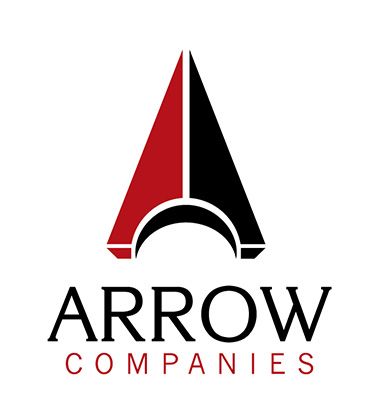FAQs
Frequently Asked Questions About Real Estate in the Twin Cities
Commercial Real Estate FAQ
What is commercial real estate?
Commercial real estate (CRE) refers to property that is used for business purposes. This includes office buildings, retail spaces, industrial warehouses, and more.
What are the benefits of investing in commercial real estate?
Commercial real estate offers several benefits, including:
- Potential for high returns: Commercial properties can generate significant rental income and appreciation over time.
- Tax advantages: Commercial real estate investments often come with tax benefits, such as depreciation and tax deductions.
- Diversification: Investing in commercial real estate can diversify your investment portfolio and reduce risk.
What are the challenges of commercial real estate investing?
While commercial real estate offers many benefits, it also comes with challenges, such as:
- Higher initial investment: Commercial properties typically require a larger initial investment compared to residential properties.
- Complex regulations: Commercial real estate transactions are subject to various regulations and zoning laws.
- Market fluctuations: The commercial real estate market can be volatile and influenced by economic factors.
Why should I hire a commercial real estate broker?
A commercial real estate broker can provide invaluable expertise and guidance throughout the entire property transaction process. They can help you:
- Identify suitable properties: They have access to a wide range of property listings and can help you find properties that meet your specific needs.
- Negotiate favorable terms: Leverage their negotiation skills to secure the best possible deals on leases or purchase agreements.
- Conduct due diligence: Thoroughly investigate properties to assess their condition, potential risks, and financial performance.
- Manage the closing process: Coordinate with legal and financial professionals to ensure a smooth and timely closing.
When looking to acquire or rent office space, retail space, or industrial real estate, why is usable square feet (SF) less than rentable square feet (RSF)?
Rentable Square Feet: Includes space allocated for common areas such as lobbies, stairwells, hallways, bathrooms and mechanical areas. Usable Square Feet, “USF” is the actual measurement of the space that the tenant will occupy.
RSF starts with the Usable Square feet and then the landlord adds a loss factor for hallways, elevators, stairways, lobby, mechanical rooms, etc and usually a profit factor. RSF is calculated differently by every landlord.
Residential Real Estate FAQ
What is the difference between a real estate agent and a real estate broker?
A real estate agent is a licensed professional who works under a real estate broker. A real estate broker is a licensed professional who oversees real estate agents and can independently represent clients in real estate transactions.
How much does it cost to buy a house?
The cost of buying a house depends on various factors, including the property's location, size, and condition. Additional costs may include closing costs, property taxes, and homeowners insurance.
How much does it cost to sell a house?
The cost of selling a house can vary, but it typically includes real estate agent commissions, closing costs, and potential home staging expenses.
How long does it take to sell a house?
The time it takes to sell a house depends on various factors, including market conditions, pricing strategy, and the effectiveness of the marketing campaign.
General FAQ
When looking for property in the Twin Cities Area, why should you use a Buyer's Agent?
A good buyer's agent can advise you on the many issues that can come up during the purchase process such as inspections, pricing, zoning, and permits. Realtors have access to private information about properties not available to the general public. Working with an experienced Arrow Companies real estate broker makes it easy to visit many different properties while you search for the perfect property.
Why do you need to hire an Arrow Tenant Agent in Minneapolis?
One big reason is Arrow Companies is experienced at negotiating a lease. We are experts at what we do and negotiating is our specialty. Some negotiating items to consider could be options to renew and extend escalations, security deposit, lease term, and landlord's work contribution. We can cover it all!
What is the best way to hire a tenant broker in Minneapolis?
The best way to get a broker to work for you is to hire them as your exclusive tenant representative. Arrow Companies has a representation letter for you to sign. Once that has been signed, we put our energy, experience and effort into getting you results.
Why should we choose Arrow Companies property management services?
Because our property management services are managed to the highest standards. Our extensive portfolio and years of property management experience enable us to gauge housing trends, as well as successfully promote and manage our portfolio.





